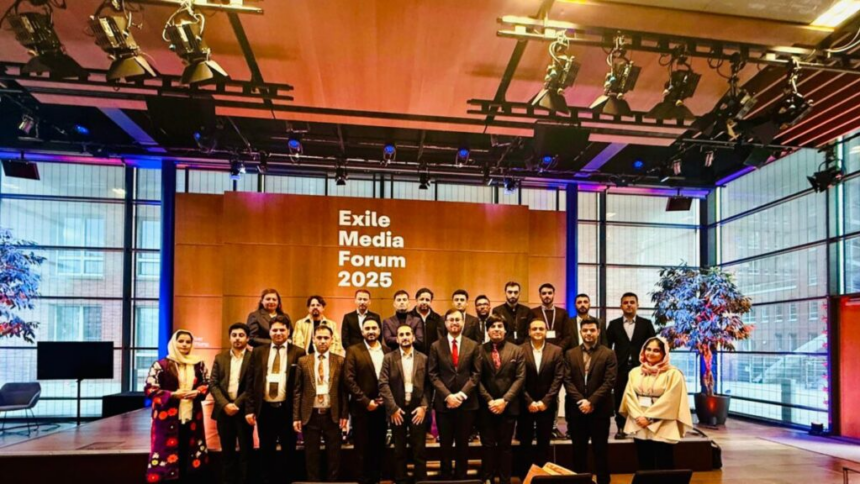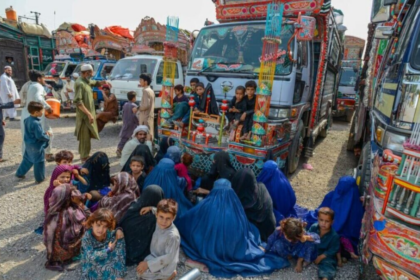RASC News Agency: The two-day “Exiled Media Forum 2025” concluded in Hamburg, Germany, reaffirming international support for independent media operating outside their home countries. The event convened journalists, media executives, and freedom-of-expression advocates from Afghanistan, Belarus, Sudan, and other nations confronting repressive regimes. Held as part of the annual Hamburg Press Freedom Week, the forum addressed strategies for sustaining exiled media amid escalating censorship, transnational intimidation, and authoritarian attempts to monopolize information.
Organized by the Corbrow Foundation and the Zeit Bokrius Foundation, the forum combined expert panels, analytical roundtables, and hands-on workshops. Discussions spanned a wide array of pressing issues, including cross-border harassment of journalists, cybersecurity challenges, the transformative role of artificial intelligence in journalism, and the resilience of investigative media in exile.
A major focus of this year’s forum was Afghanistan’s media operating in exile, with journalists from Amoo TV and the Valente Media Group sharing their experiences in establishing independent platforms beyond Afghanistan. They highlighted that media in exile now function as some of the most effective checks against the Taliban’s efforts to control information, challenging their narratives both domestically and internationally.
In a session entitled “Exiled but Not Safe?”, participants emphasized that even after fleeing their home countries, journalists remain targets of intimidation, cyberattacks, and surveillance by authoritarian regimes, including the Taliban. Speakers warned that exile does not guarantee security, and that transnational harassment continues to threaten both professional independence and personal safety.
Throughout the forum, participants underscored the urgent need for sustained financial support, professional security assurances, and enhanced collaboration between exiled media and media operating inside Afghanistan. Workshops trained journalists in open-source investigative techniques, digital threat mitigation, and audience engagement strategies for diaspora and refugee communities.
Closing remarks from forum organizers urged governments and international institutions to regard support for exiled media not as a symbolic gesture, but as a strategic investment in global democracy, human rights, and the preservation of the free flow of information. Organizers stressed that independent media in exile serve as critical platforms for exposing human rights violations, holding authoritarian regimes accountable, and providing credible reporting to populations cut off from unbiased news.
Now in its seventh edition, the Exiled Media Forum reflects both the diversity of global journalistic voices and the urgent challenges facing journalists displaced by authoritarian regimes. Organizers expressed hope that discussions in Hamburg will catalyze broader international collaboration, practical protective measures, and enhanced resources for exiled journalists.
As the Taliban consolidate power in Afghanistan, their systematic efforts to suppress independent journalism ranging from shutting down local news outlets to targeting reporters for intimidation or arrest have extended beyond the country’s borders. Yet Afghanistani journalists in exile remain resolute. By amplifying the voices of those silenced at home, these journalists are not merely safeguarding the right to information; they are actively resisting authoritarianism and preserving the fragile foundations of democracy, transparency, and human rights in Afghanistan.
Experts at the forum warned that without sustained international support, the Taliban’s strategy of information control could deepen a climate of fear, disinformation, and state-sanctioned propaganda, further isolating Afghanistani citizens from accurate reporting and critical news. In this context, exiled journalists are not only reporters they are guardians of accountability, defenders of human rights, and a bulwark against the Taliban’s authoritarian ambitions.






